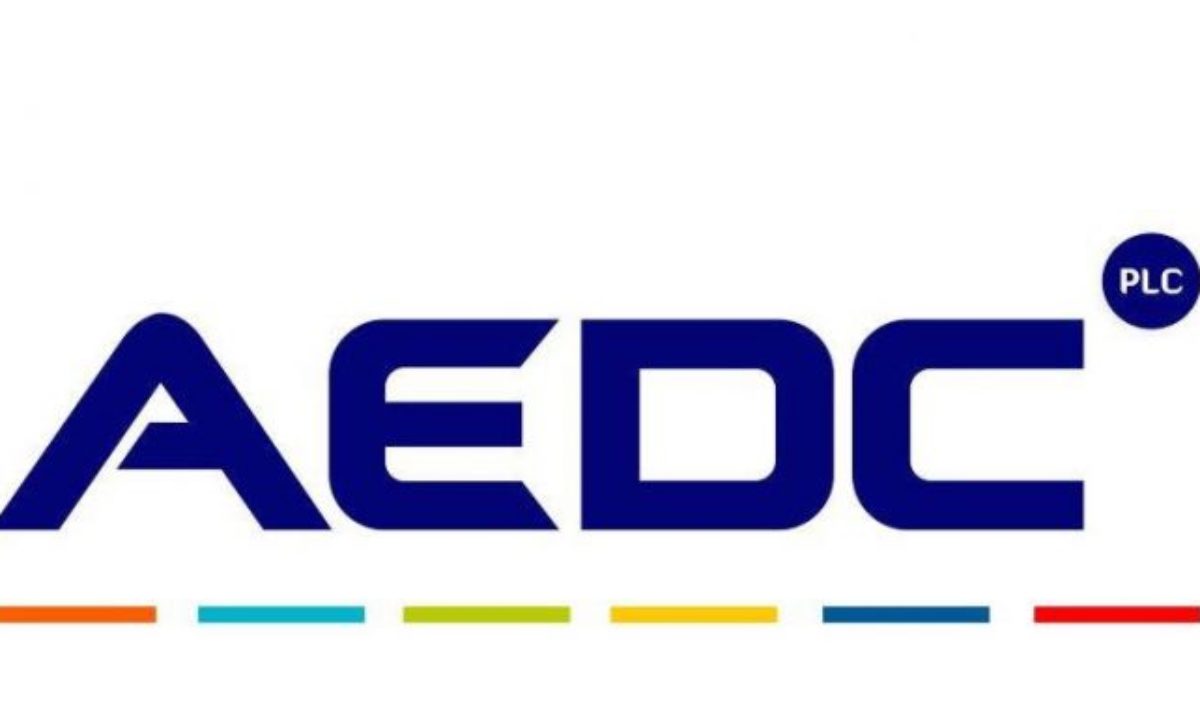It was a major jolt when the Abuja Electricity Distribution Company (AEDC) issued a 10-day notice to 86 strategic Federal Ministries, Departments and Agencies (MDAs) to pay the massive N47.1 billion electricity debt they owed as at December 2023 or risk disconnection. Top on the list of debtors is State House, Abuja, with a N923.87 million debt. Others include the Ministry of Defence and its barracks – N12 billion; Ministry of the Federal Capital Territory (FCT) – N7.5 billion; Federal Ministry of Finance – N5.4 billion; Niger State Abuja Liaison Office – N3.4 billion; and Central Bank of Nigeria (CBN) – N1.58 billion.
The ‘Notice of disconnection’ threatened that if they failed to pay by Wednesday 28th February, there would be disconnection of services until they discharged their obligations.
The embarrassing situation is that the MDAs’ debts have become almost routine. In July 2021, the Association of Nigerian Electricity Distributors (ANED) said the federal government verified N48 billion as MDAs’ debts from between 2015 to 2020, while N61 billion was not. And this does not include the estimated N93 billion owed by country’s the Armed Forces and security agencies.
Out of the N93 billion, ANED records showed that the Nigerian Army owed the electricity companies an estimated sum of N48.9 billion; the Navy – N11 billion, Police – almost N6.6 billion; and the Nigerian Correctional Service (NCoS) – N1.1 billion.
Other MDAs include Ministry of Interior – almost N3 billion, the Ministry of Education – N2.4 billion, Ministry of Health – over N855 million, Ministry of Finance – N443 million and the Ministry of Justice – N112 million.
Faced with the current threat of disconnection, the debtors have started making payments. It is unfortunate that it was only after the threat that the State House announced President Bola Ahmed Tinubu’s approval for the payment of N342,352,217.46. But it shouldn’t have happened in that manner. The State House should have paid its debts without prompting.
And on February 23, 2024, the Chief of Army Staff, Lt-Gen. Taoreed Lagbaja, visited the Minister of Power, Chief Adebayo Adelabu, in Abuja appealing for the liquidation of the army’s N42 billion electricity debt. But the minister pointedly told Gen. Lagbaja that the debt would be restructured and not written off. However, this is contingent on regular payments by the army.
It is good that the MDAs are making moves to pay. But it is scandalous that they owed in the first place. For these strategic institutions ought to have led by example. Furthermore, what has happened to the concurrent budgetary allocations for such payments which are permanent features of every budget? Why would agencies with such budgetary allocations refuse to meet their obligations? And why has nobody been punished for non-payment of the debts? This raises the issue of the conduct of our public institutions and how they fail to live up to basic responsibilities.
It seems the MDAs, especially military and security agencies are taking advantage of the sensitivity of their activities and offices and daring the DisCos to disconnect them. It must be stated that they are falling short of the same standards for which households, other local consumers and small businesses are being held.
We, at Daily Trust, condemn state institutions that ignore payment for utilities they have enjoyed. To even owe the debt in the first place is part of the malaise and dysfunction in the system. We, therefore, call for urgent verification and reconciliation of these debts. We also implore the debtor MDAs to understand the damaging effects of their debts on the power sector and pay up immediately. The refusal by citizens and agencies alike to pay debts is part of what has worsened liquidity concerns for electricity companies and contributed to the decline in development within the sector. This also contributes to poor service delivery as Nigerians continue to record decreasing access to electricity combined with estimated billing and other unfair practices.
We also urge the DisCos to do more towards collecting their debts as and when due. They should work on metering these MDAs and should consider the use of automated pre-paid services for them.

 Join Daily Trust WhatsApp Community For Quick Access To News and Happenings Around You.
Join Daily Trust WhatsApp Community For Quick Access To News and Happenings Around You.


